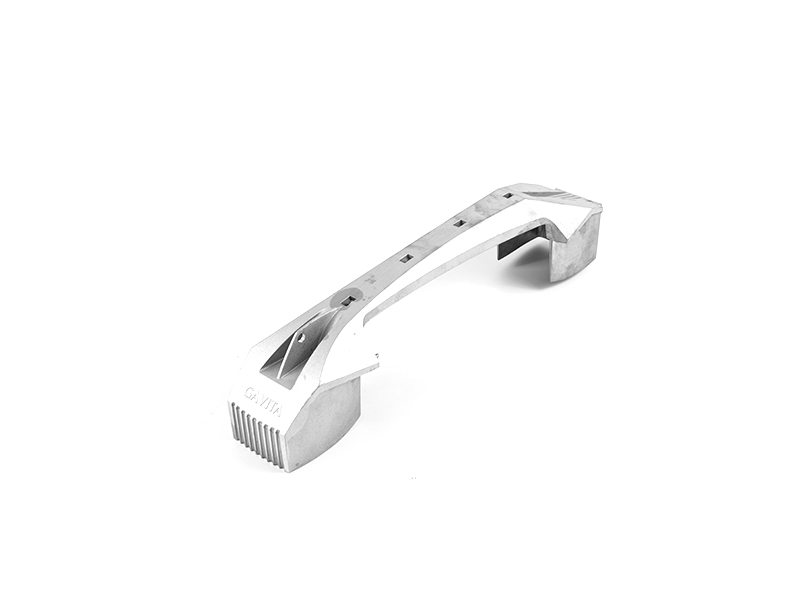Aluminum alloy die-casting is a kind of pressure-casting parts. It uses a pressure-casting mechanical die-casting machine equipped with a casting mold. The aluminum or aluminum alloy heated to a liquid state is poured into the feeding port of the die-casting machine, and the die-casting machine is used to cast the mold. Aluminum parts or aluminum alloy parts of limited shape and size, such parts are often called aluminum die casting.
These characteristics make aluminum alloy die casting more suitable for producing a variety of castings with complex structures and thin walls. Therefore, the products are widely used in aviation, aerospace, ships, building materials, home appliances, various vehicles and instrument industries. So what are the advantages and benefits of aluminum alloy die casting that we know about? Its advantages are mainly divided into 5 aspects:
1. Aluminum alloy has better thermal conductivity, electrical conductivity and cutting performance.
2. The shrinkage of the aluminum alloy wire is small, so it has good filling performance, but the volume shrinkage is large, and it is easy to generate large shrinkage holes at the final solidification.
3. Aluminum alloy has low density and high strength. The ratio of tensile strength to density is 9 to 15. When working at high temperature or low temperature, it also maintains good mechanical properties.
4. Aluminum alloy die-casting is easy to stick to the mold, and the mass fraction of die-cast aluminum alloy iron is generally controlled in the range of 0.8% to 0.9% to reduce the sticking phenomenon.
5. Aluminum alloy has good corrosion resistance and oxidation resistance. Most aluminum alloys have good corrosion resistance in fresh water, sea water, concentrated nitric acid, nitric acid, gasoline, and various organic substances.

 English
English 中文简体
中文简体
















